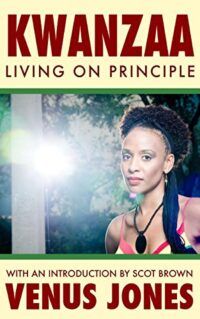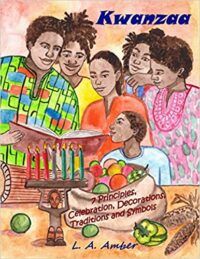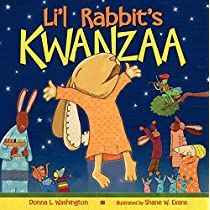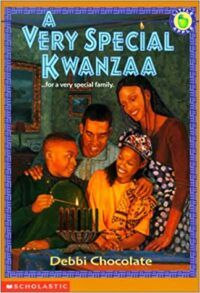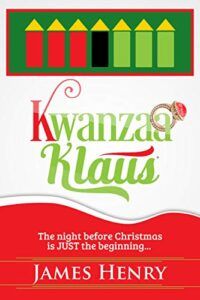Karenga, an activist with a strong presence in the Black Panther movement, initially created the holiday as an alternative to Christmas for Black Americans. When one considers the racial tensions at the time, such as the Watts riots, this was an understandable desire. However, in later years, Karenga seemed to recant this in the 1997 book, Kwanzaa: A Celebration of Family, Community, and Culture, saying it wasn’t created as a religious alternative. Today, many people celebrate both. Over the week of celebration, family and other community members gather together each evening. The meet-ups begin with the holiday greeting “Habari gani,” which is Swahili for “How are you?” Each night focuses on a different principle of African Heritage, known as Nguzu Saba. The principles are as follow: Umoja (Unity) Kujichagulia (Self-Determination)Ujima (Collective Work and Responsibility) Ujamaa (Cooperative Economics)Nia (Purpose)Kuumba (Creativity)Imani (Faith) Every night, the family gathers to participate in the call and answer for the principle of that day. They light a candle, or mishumaa saba, in the Kinara, or candle holder, in remembrance. The sixth night is also the Karamu Ya Imani. This is when the family hold a feast, remembering the last five nights and looking forward to the final one. One of the things that I appreciate about Kwanzaa is its focus on tradition and family. Yes, there are gifts. But they’re not the main focus. Call me a Grinch if you want. But he, along with Scrooge and Charlie Brown, have a point about the commercialization of Christmas. The focus is much more on the gifts and what people are getting rather than giving. Which isn’t to say that you shouldn’t want to get gifts, but it is a bit skewed. In 1997, the first Kwanzaa stamp was issued. That same year that Bill Clinton made a Presidential declaration about the holiday. These events led to concern over the holiday moving away from its roots and becoming more commercial. Personally, I feel that there are many years to go before that is a huge worry. Despite there being a multitude of other winter holidays, Christmas is still the one most featured. In fact, the only TV show that I can say with confidence had a Kwanzaa episode was The Proud Family. The literary aspects of Kwanzaa can be a bit difficult to find. A lot of African folklore was oral and this is something that is still present even in America. Familial stories and recipes are passed down from generation to generation by word of mouth. Occasionally, someone may take the time to write it down but most of the time, we remember by what we heard. Today I’m going to give some recommendations of books to read about the holiday, in addition to the one mentioned earlier. There is a mixture of nonfiction and fiction listed here. However, the backbone of each one is centered around the holiday. This is not a comprehensive list. It is just a jumping off point for learning more about the holiday. Let me know over on social media if there are any that I may have missed. You can also let me know which ones you’re eager to pick up this season. Happy holidays and happy reading!










